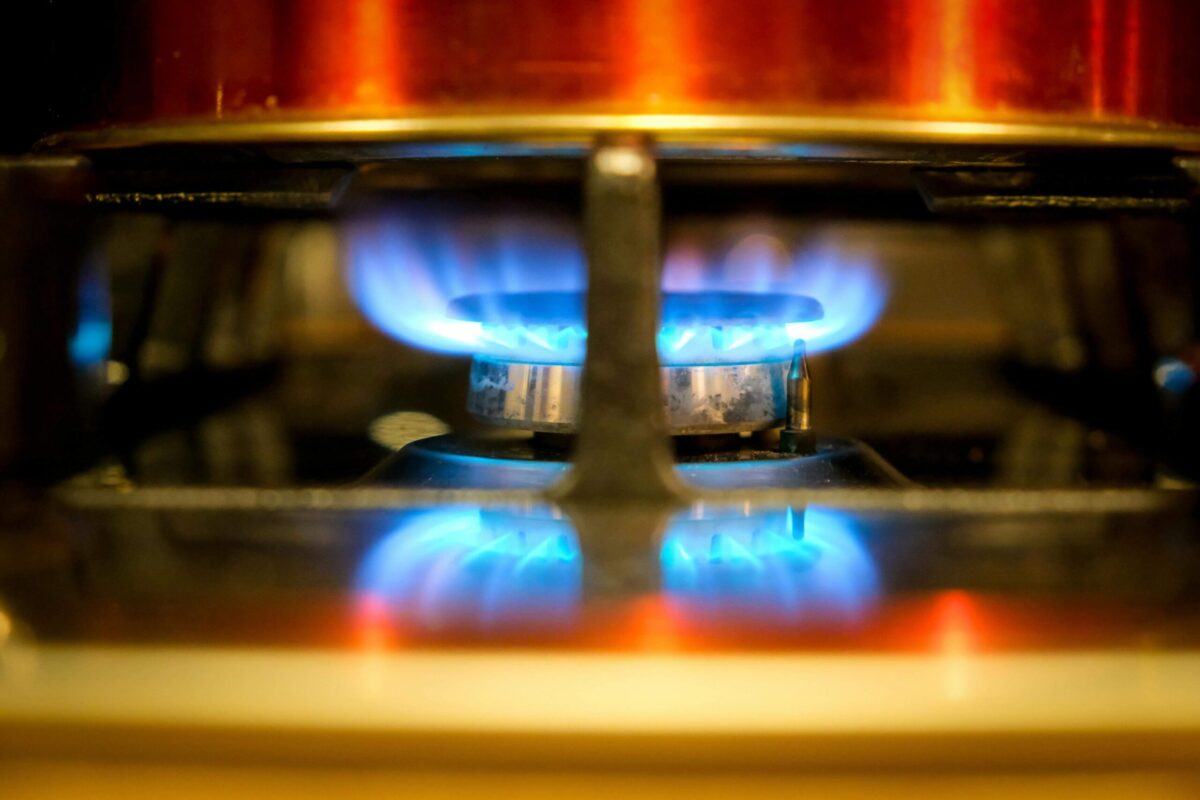When it comes to choosing between gas and electric stoves, the debate can feel as old as the art of cooking itself. Many people base their preferences on their childhood experiences—what they grew up using often shapes their cooking habits and opinions. But as anyone who has ever prepared a meal knows, the choice between gas and electric involves more than just nostalgia. Each type has its unique characteristics, benefits, and drawbacks, making it essential to consider what fits best with your cooking style and lifestyle. Let’s break down the major factors you should consider when deciding between gas and electric stoves.
1. Long-Term Costs: Gas vs. Electric
Purchasing a stove is a significant investment, and upfront costs can vary. Electric stoves generally start around $650, while gas models usually begin at about $800. For higher-end models, the prices can jump, with electric stoves reaching up to $2,800 and top-of-the-line gas stoves costing around $2,300. However, the real difference often lies in long-term utility costs. Generally, gas tends to be cheaper than electricity, allowing you to save anywhere from 10 to 30 percent annually on your utility bills. If budget considerations are paramount for you, gas might be the better option in the long run.
2. Safety Considerations
Safety is a crucial factor for many households, especially those with children or pets. Electric stoves have a clear advantage here. They do not have an open flame, significantly reducing the risk of burns. While it is still possible to burn yourself on an electric stove—especially when dealing with hot burners that can stay hot long after being turned off—the absence of an open flame reduces many potential hazards. Gas stoves, on the other hand, can pose risks not just from the flame itself but also from gas leaks, which necessitate the installation of carbon monoxide detectors in homes with gas appliances.
3. Cooking Speed: Gas Takes the Lead
One of the reasons gas stoves are favored in professional kitchens is their ability to heat up quickly. When you turn on a gas burner, the flame ignites immediately, providing instant heat. This responsiveness is perfect for quick cooking, especially when sautéing or boiling. Electric stoves, however, require time to reach the desired temperature, which can slow down your cooking process. For those who often find themselves in a time crunch, this aspect may tip the scales in favor of gas.
4. Cooking Evenness: The Electric Advantage
When it comes to baking, electric ovens often have the upper hand. They provide consistent, dry heat that helps bake cakes, cookies, and roasts more evenly. Gas ovens, while they may retain some moisture due to the combustion process, can create hot spots that lead to uneven cooking. If you’re an avid baker, you might find that electric ovens produce better results for your baked goods, while gas stoves might require more attention to rotation and placement for optimal results.
5. Versatility: The Gas Stove’s Unique Features
Gas stoves offer versatility that electric stoves can’t quite match. They allow for techniques like flambéing and charring, which can elevate your cooking. Many professional chefs and home cooks alike appreciate the control they have over the flame, making gas a go-to choice for those who enjoy experimenting in the kitchen. If you often find yourself trying new culinary techniques, a gas stove may enhance your cooking experience.
6. Cleaning Convenience: Electric Wins
Nobody enjoys spending hours cleaning the stove after a delicious meal, and here electric stoves shine. Flat-top electric models can be wiped clean with a damp cloth, and even coil burners are relatively easy to manage. Gas stoves, however, often come with grates and burners that can be cumbersome to clean, requiring disassembly and careful handling to avoid breaking any parts. If maintaining a clean kitchen is a priority for you, the convenience of electric stoves might be more appealing.
Conclusion
In the end, the choice between gas and electric stoves boils down to personal preference, cooking style, and lifestyle considerations. Both types have their merits and drawbacks, and the right choice for you will depend on your unique needs. If speed and versatility are your top priorities, a gas stove may serve you better. However, if safety and ease of cleaning are more important, you might lean towards electric. Whatever you choose, the most important factor is finding the stove that makes cooking a joy in your home.















